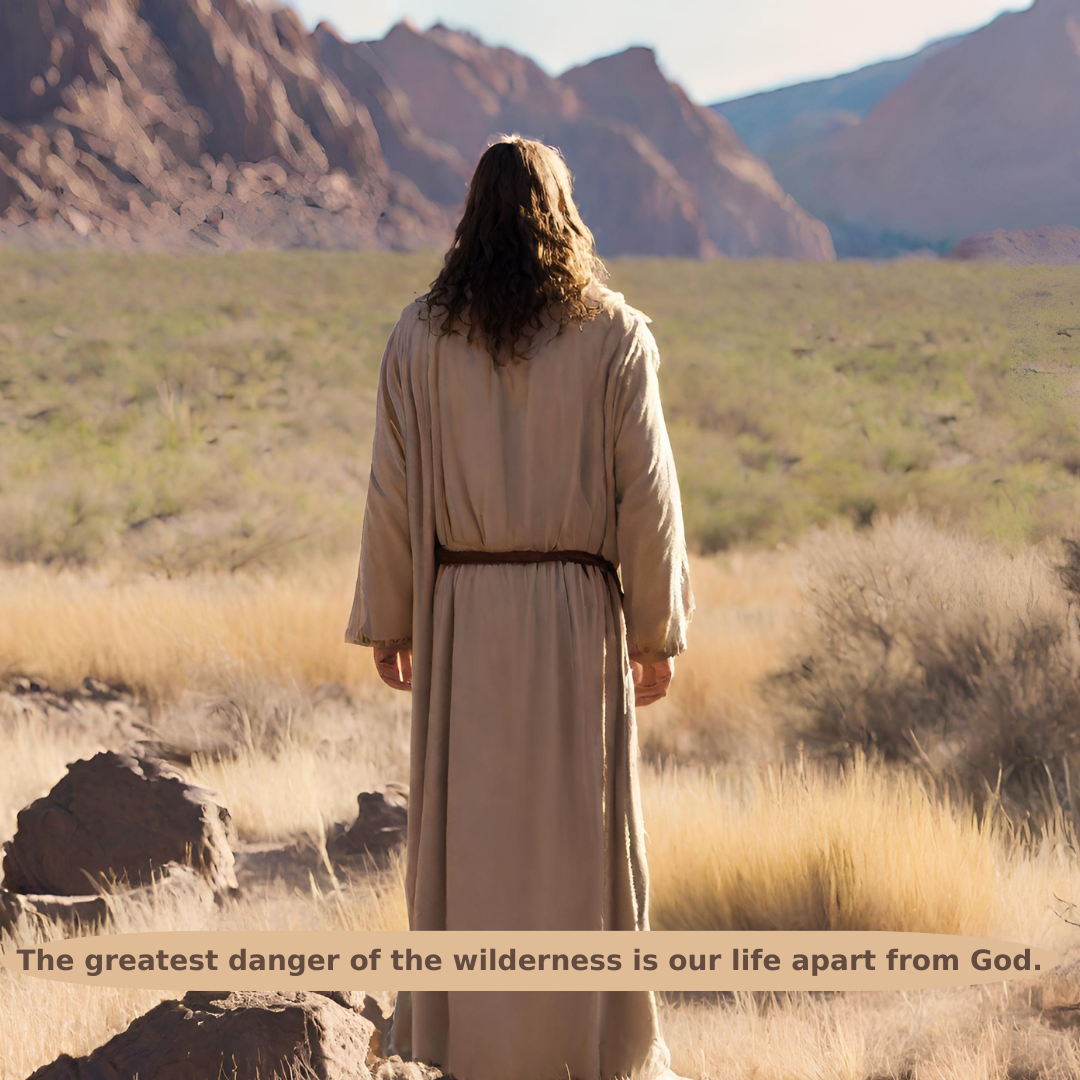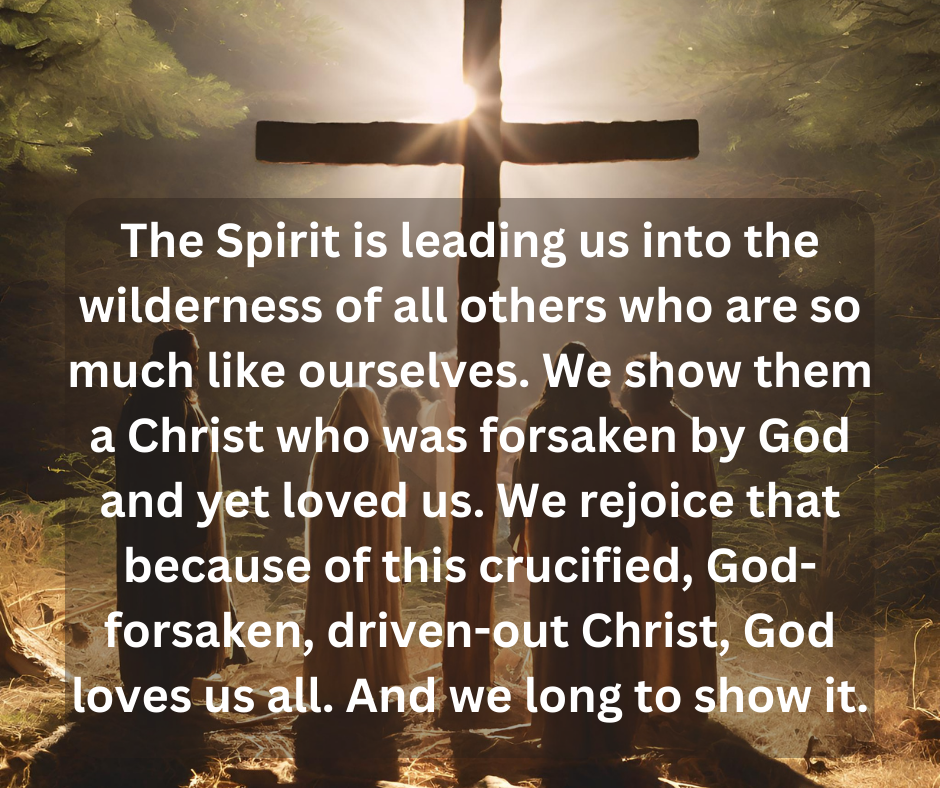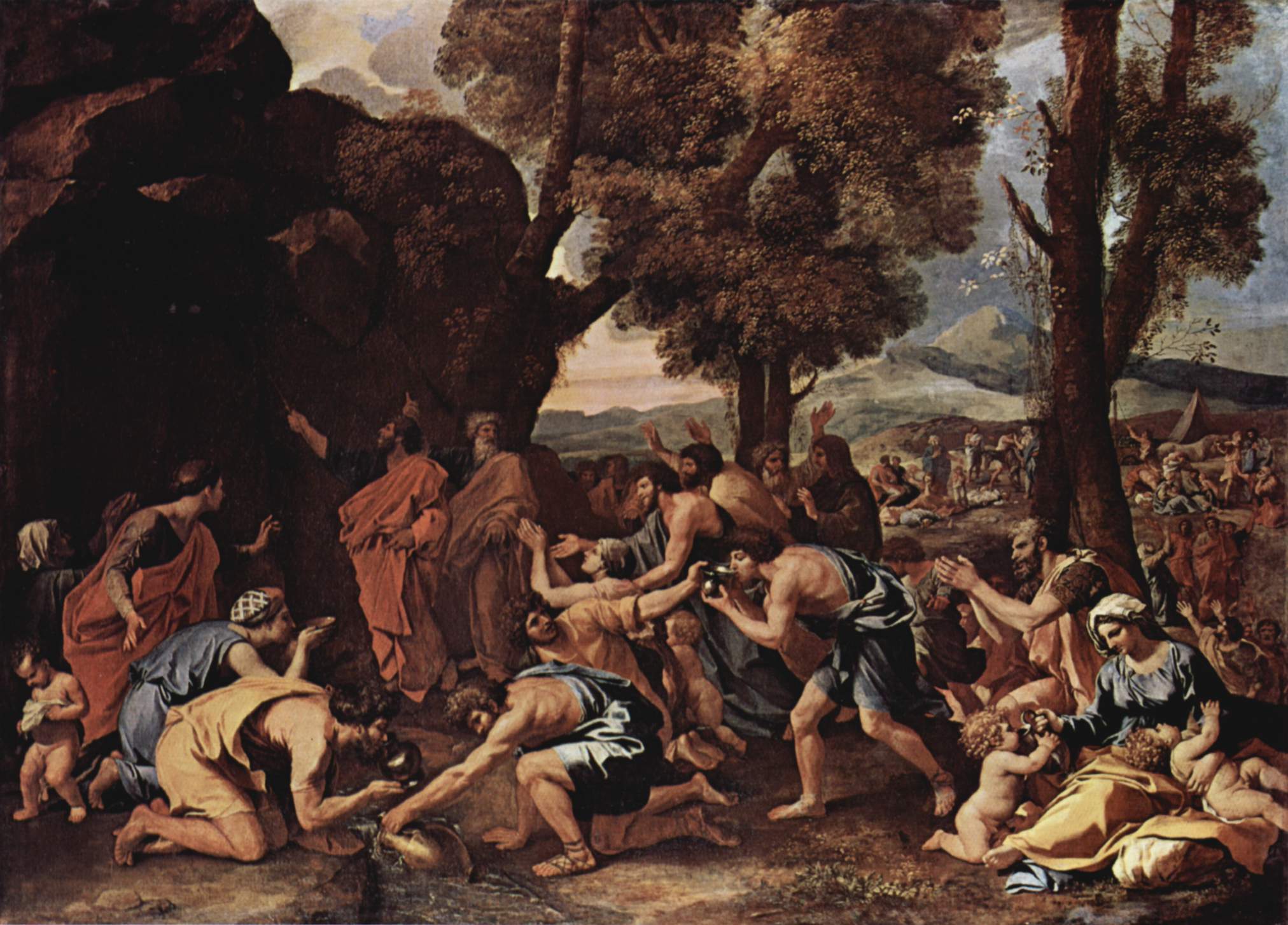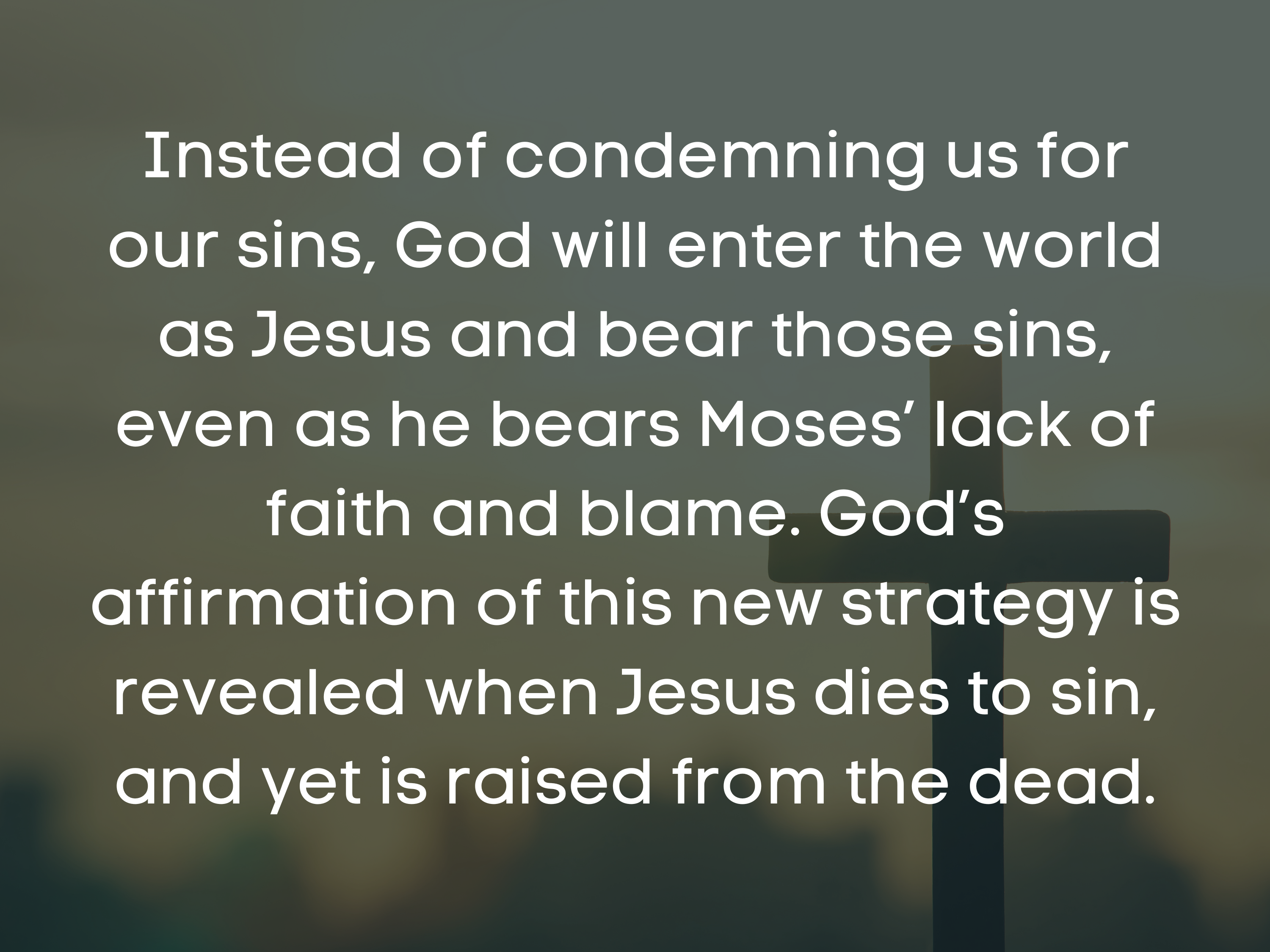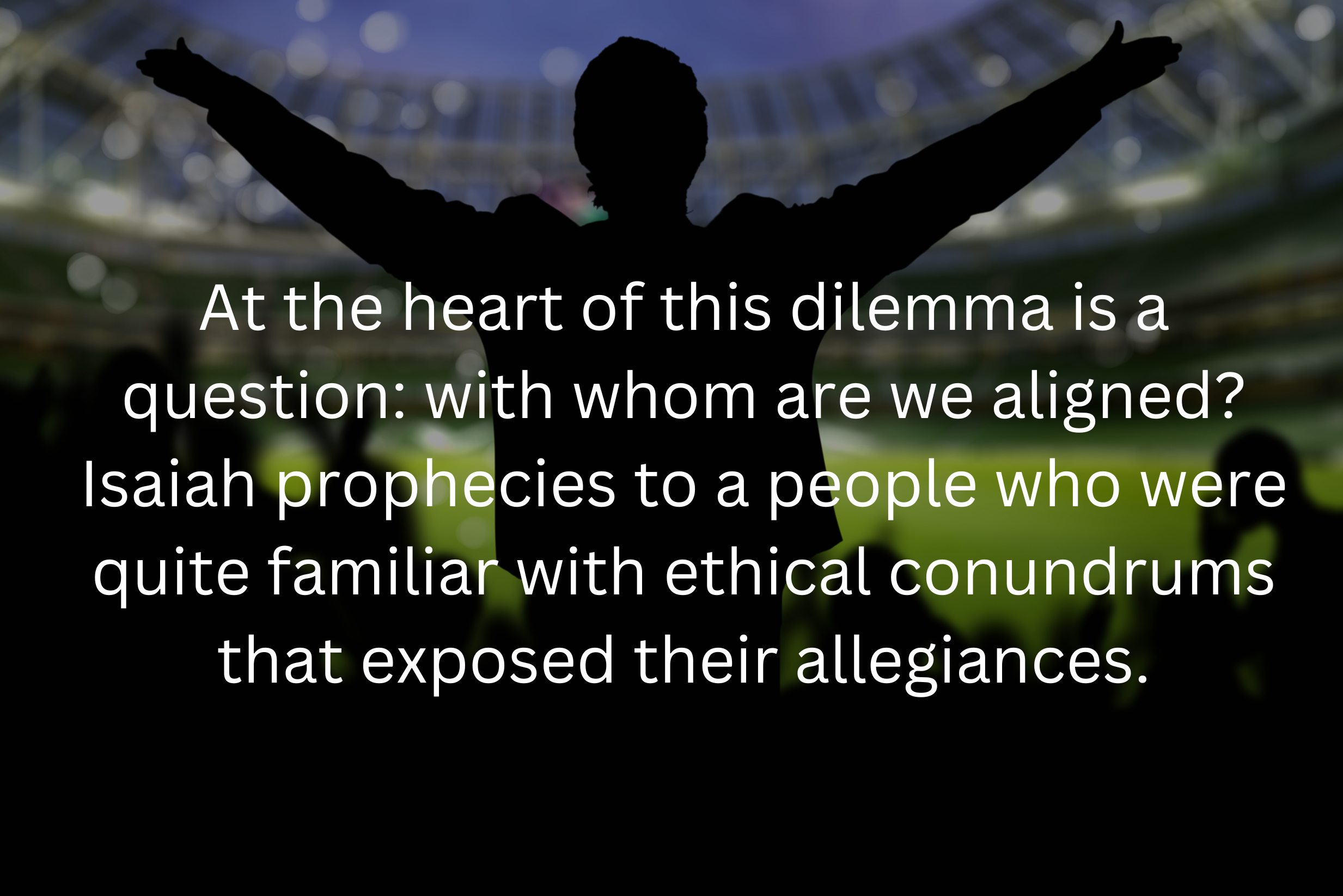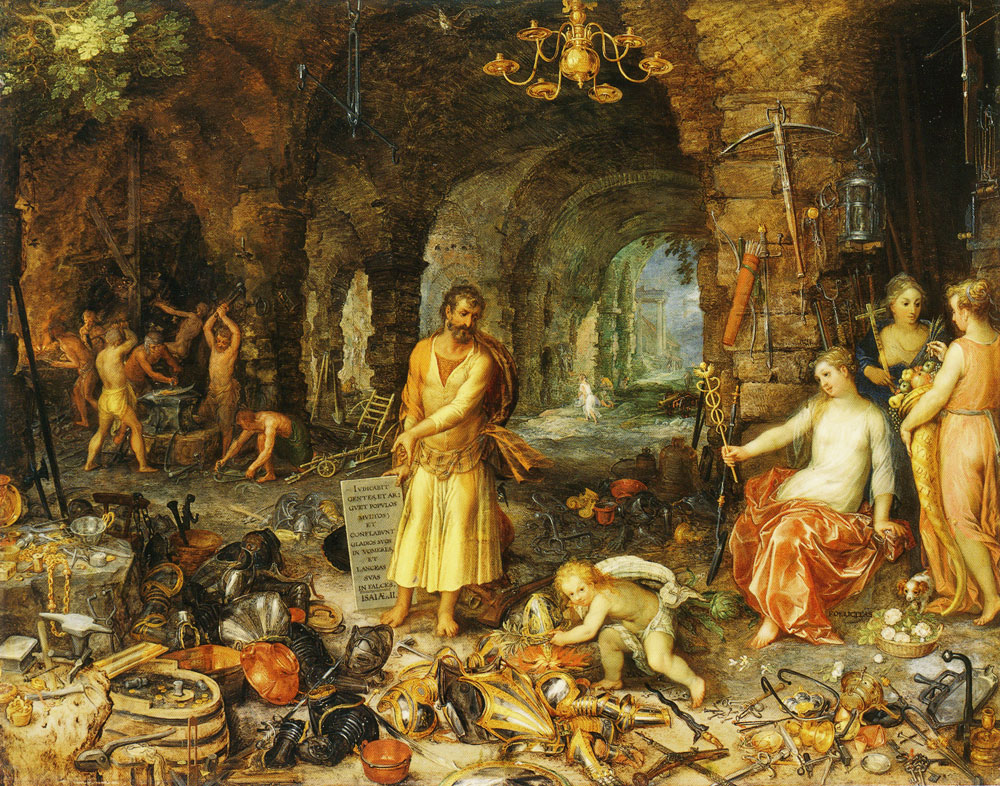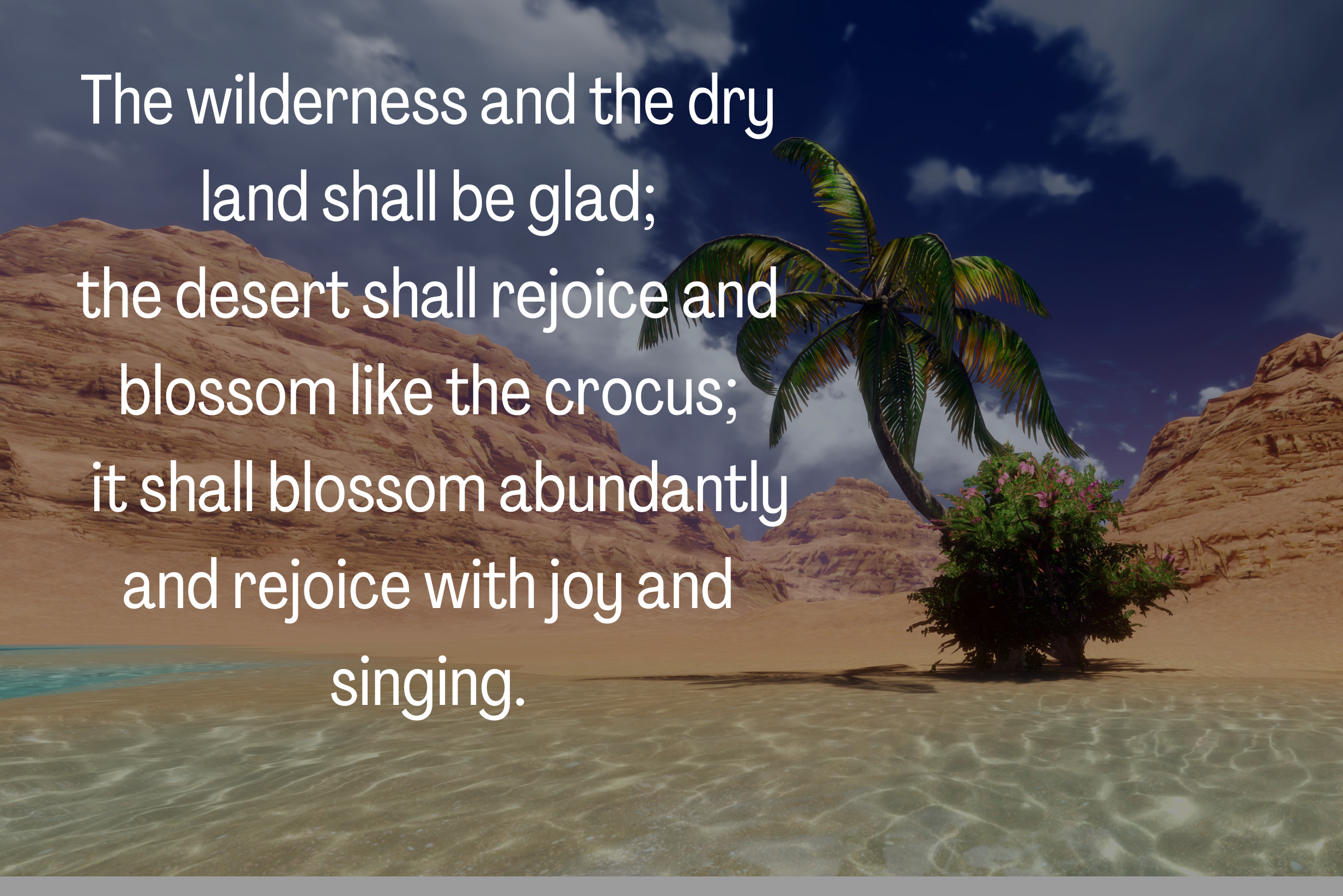First Sunday in Lent, Year B
WILDERNESS TRANSFORMED
First Sunday in Lent, Year B
Mark 1:9-15
Analysis by Brad Haugen
9In those days Jesus came from Nazareth of Galilee and was baptized by John in the Jordan. 10And just as he was coming up out of the water, he saw the heavens torn apart and the Spirit descending like a dove on him. 11And a voice came from heaven, ‘You are my Son, the Beloved; with you I am well pleased.’
12And the Spirit immediately drove him out into the wilderness. 13He was in the wilderness for forty days, tempted by Satan; and he was with the wild beasts; and the angels waited on him.
14Now after John was arrested, Jesus came to Galilee, proclaiming the good news of God, 15and saying, ‘The time is fulfilled, and the kingdom of God has come near; repent, and believe in the good news.’
We welcome the crucified Christ with us in the wilderness.
DIAGNOSIS: Living and dying apart from God
Step 1: Initial Diagnosis (External Problem): Looking Out for Ourselves
The wilderness is a dangerous place. In the wilderness, after all, Jesus encounters Satan, his adversary and tempter, along with the wild beasts. While the Gospel of Mark does not describe the specifics of Satan’s temptations, the other synoptic gospels (Matthew and Luke) provide further details about this dangerous place. Lacking God’s provision, protection, and power, we’re on our own.
So, at least, it is with our own worldly wilderness, where our top priority is to look out for ourselves, even exclusively for ourselves. We strive, we toil, we stress, for our own provisions, protection, and power. We regard other people simply as threats to these desires for provisions, protection, and power. In a disenchanted world, Satan’s temptations are not temptations per se but rather function more like practical advice, granting us the permission we desire to look out exclusively for ourselves.
Step 2: Advanced Diagnosis (Internal Problem): Us Against God
In the wilderness, we suspect that God and other people are against us. We forget, and certainly do not trust, God’s promise given in Jesus’s baptism, as well as in our own baptism: “You are my child, my beloved; with you I am well pleased” (v. 11). For us, this promise is too often drained of its power following our baptism as we enter the wilderness, where we live out the rest of our lives.
We suspect that whether we have provisions, protection, power, and influence in our life, it all depends on us. No one else, not even God, can be counted on. We are trapped in our own wilderness with our own self-made survival kit. We cannot trust a God who would allow us and Jesus to get hungry; a God who is not demonstrably powerful enough to assure us of his protection, a God who doesn’t share his power with us. In the wilderness of our lives, we tell ourselves that we would rather believe and trust only in a God whose power we can see, experience, and share, than in a God who calls us “beloved” but leaves us with our wilderness. Such a God seems against us.
Step 3: Final Diagnosis (Eternal Problem): Driven Out
But the greatest danger of the wilderness is our life apart from God, driven out by God, abandoned by God, succumbing to the temptation to live and die apart from God. We never considered that’s how we have lived, what we have wanted all along. Our darkest wilderness is the place where we seem to prefer to be, feverishly acquiring our own provisions and possessions, desperately seeking our own protection and security, anxiously striving to attain more power and influence over others. We are forsaken, driven out by God, and left to ourselves in our wilderness.
PROGNOSIS: Driven to Christ and our neighbor
Step 4: Initial Prognosis (Eternal Solution): Drawn In
Christ crucified, though, it turns out, is also forsaken by God, and more importantly, for us and for our salvation. Jesus’s wilderness wandering was the Holy Spirit’s doing (vv. 12-13)! The Spirit gave Jesus the boot, drove him out, expelled him (ekballei) into the wilderness. This was not a gentle invitation or push. Jesus’s ending up in the wilderness was God’s doing. But there is a promising reason for that divine boot! God’s “Son”, his “beloved”, is driven into the wilderness for our sake. It was Jesus’ taking his place with us in our wilderness.
Still, Jesus didn’t escape the wilderness, even after he renounced Satan’s temptation and trusted God instead. Even after “angels waited on him” (v.13) and he “came to Galilee, proclaiming the good news of God” (v. 14), Jesus would take his place in the wilderness of so many, even people who would drive him out to crucify him. As the devil had urged Jesus to do in the wilderness the first time, the people – at Satan’s bidding – continue to mock Jesus, demanding that he show power to come down from the cross, to save himself, even while crucifying him. (15:25-32). Jesus, however, didn’t offer a display of power. Instead, he uttered the words, “My God, my God, why have you forsaken me?” (15:34) – certainly the farthest cry from one of power.
Yet Jesus’s own cry of God-forsakenness from the cross is the way that Jesus fully enters the wilderness with us. When it comes to the truth of our wilderness, Christ does not drive us out; rather, he draws us in to his undying, unshakable love that God in Christ promises us as well.
Step 5: Advanced Prognosis (Internal Solution): God for Us
“You are my child, my beloved; with you I am well pleased.” Having Christ draw us into God’s eternal, unending love given in our baptism, we no longer live and operate as “us against God.” We trust God is for us rather than against us. The wilderness temptation to simply look out for ourselves – living and dying apart from God – no longer compels or overwhelms us. We welcome the crucified Christ with us in the wilderness. And our ears perk up at his announcement that God’s kingdom has come near (v. 15).
We sense and believe in the nearness of God’s kingdom because we trust that Christ loves us and is with us no matter how far we stray or are driven out, away from God. We no longer desire God’s power; instead, as God’s beloved, along with Christ, we cling with faith to God’s love.
Step 6: Final Prognosis (External Solution): Looking Out for Others
Rather than fear and distrust that the Spirit is driving us out away from God, we trust the Holy Spirit given to Christ as well as to us in our baptism. We trust that the Spirit is leading us into the wilderness of all others who are so much like ourselves. We look out for others who are tempted to live and die apart from God, as we once did. But rather than simply affirming that they live without God or against God, as we also do, we acknowledge our own God-forsakenness and listen to theirs. We show them a Christ who was forsaken by God and yet loved us. We rejoice that because of this crucified, God-forsaken, driven-out Christ, God loves us all. And we long to show it.
